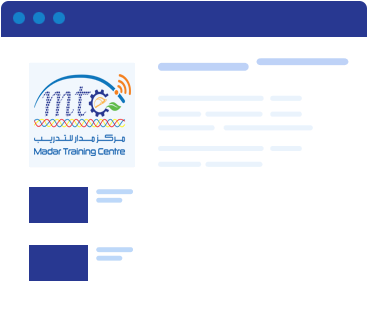Addendums
Madar Training Centre > Addendums






Aim:
Aim:
In order to do this, the centre will:
This policy will be reviewed every *** months by ***.
Aim:
In order to do this, the centre will:
This policy will be reviewed every *months*.